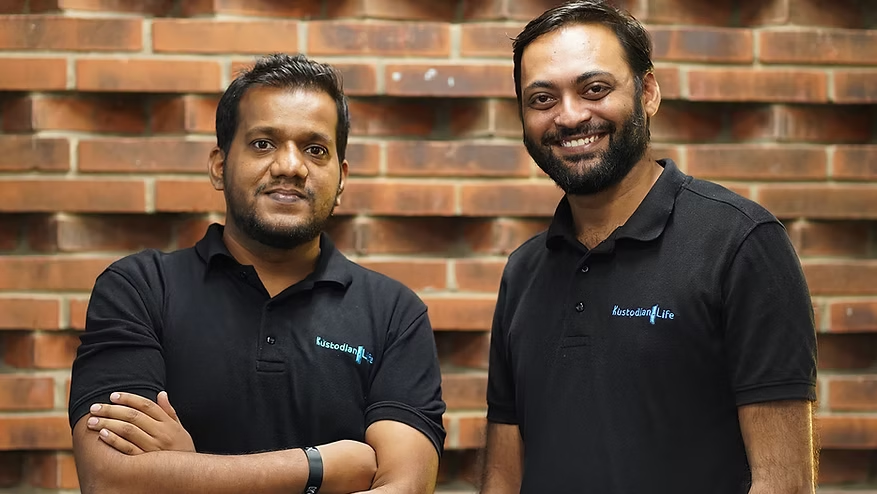In a world obsessed with protein powders, supplements, and quinoa-based smoothies, a quiet but powerful nutritional revolution is brewing in Bihar, led by Sattuz, a startup reimagining India’s ancient superfood, sattu, for modern lifestyles.
At the heart of it lies sattu, a roasted gram flour that has sustained generations in India’s heartland, especially in Bihar, Jharkhand, and eastern Uttar Pradesh. Now, thanks to the vision of entrepreneur Sachin Kumar, this ancient superfood is getting a global makeover under the brand name Sattuz.
Sattu: Not Just Rural Nostalgia, But a Nutritional Powerhouse
For those unfamiliar, sattu isn’t a fancy fad from the West, it’s been around for over 5,000 years, with roots in Ayurveda and traditional Indian food systems. Known for its high protein content, natural cooling properties, and digestive benefits, sattu has long been the fuel of farmers and laborers braving intense heat and hard work.
But for urban consumers, especially millennials, sattu had long lost its charm. “The real challenge wasn’t the product,” says Sachin Kumar, founder of Sattuz. “It was the perception, and how it was being sold—in loose, dusty packets in local haats with questionable hygiene.”
Packaging Tradition for Modern Lifestyles
Sachin, who hails from Bihar and carries deep cultural ties to sattu, saw potential where others saw just nostalgia. Rather than chasing trends, he leaned into authenticity, but with a twist.

“I didn’t want to fight the traditional image of sattu. I wanted to modernize it without taking away its soul,” he says. That led to the founding of Sattuz, a brand built around clean packaging, travel-ready sachets, and value-added flavors.
The innovation wasn’t in reinventing the ingredient, it was in how it was delivered.
- No loose powder in unhygienic bags.
- Zip-locked packs and single-use sachets for on-the-go consumers.
- New-age flavors like chocolate, pineapple, masala, and more, alongside traditional variants.
From corporate workers to fitness enthusiasts, the brand now appeals to a wide demographic looking for clean nutrition without breaking the bank.
Grassroots Marketing: Free Samples, Real Conversations
Sachin’s initial growth strategy was refreshingly old-school. He didn’t start with ads or influencer campaigns. Instead, he packed his drink in a thermos and walked into events, festivals, and exhibitions. He offered free samples to strangers, explained the heritage of sattu, and let the product speak for itself.
It worked.
One of those conversations led to his first angel investment. Soon after, IIM Calcutta Innovation Park, Indian Angel Network, and the Startup Bihar initiative extended support to scale Sattuz.
This wasn’t just about product innovation, it was a cultural mission to reintroduce India to its own heritage, in a way that fit modern routines.
The Right Product at the Right Time
India’s protein supplement market is growing at 18% annually, fueled by rising health awareness. But much of it is dominated by imported whey, soy-based formulas, or artificially flavored powders that cost upward of ₹2,000 per kilo. In contrast, sattu is local, affordable, and naturally rich in protein.
Brands like Sattuz are proving that functional nutrition doesn’t need to be foreign.
And they’re not alone. Startups such as Satguru Sattu Naturals, Annpurna Foods, and other regional ventures are also entering the space, with clean branding, standardized production, and retail expansion across India’s metros and Tier-2 cities.
MSME Recognition and Government Push
The movement recently received a morale-boosting endorsement when former Bihar Chief Minister and current MSME Minister Jitan Ram Manjhi met the Sattuz team and proposed the inclusion of sattu drinks alongside tea and coffee in government offices.

He called the move a step towards “rural employment, MSME growth, and showcasing Bihar’s contribution to India’s development under PM Modi’s leadership.”
This symbolic gesture could have real ripple effects, not only for Sattuz but for hundreds of micro-enterprises across India’s rural heartlands.
Can Sattuz Go Global?
The global market is already warming up to Indian superfoods, turmeric lattes, ashwagandha supplements, and moringa capsules are now common on Western shelves. Can sattu join the list?
Sachin believes it can. “We have a product with deep roots, proven health benefits, and a story worth telling. It’s not about competing with quinoa. It’s about owning our identity.”
For now, Sattuz is expanding into e-commerce, retail chains, and export discussions. But the bigger win might be cultural, making sattu aspirational again.
The Future is Indigenous
Sattuz is more than a startup, it’s part of a broader movement reclaiming India’s culinary heritage. By marrying tradition with technology, culture with convenience, and wisdom with branding, it’s proving that sustainable, local nutrition is not only possible but powerful.
As India eyes self-reliance in food, health, and enterprise, startups like Sattuz are showing the way forward, rooted in the past, ready for the future.
Also Read: Aparna Agarwal Elevated to Team Lead at ICCPL GROUP

























